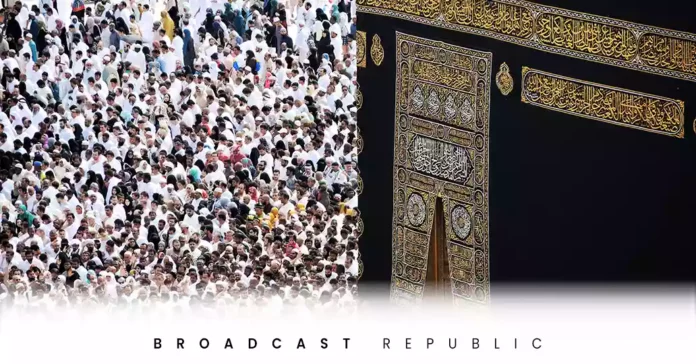The government’s Hajj scheme in Pakistan for 2024 is facing a challenge as only 60,000 applications have been received against the available 89,605 seats. This subdued interest raises concerns, especially when compared to the approximately 180,000 seats offered by private tour operators.
The lackluster response could be attributed to various factors, including limited outreach and awareness about the government scheme. Despite extending the application deadline to December 22 and efforts from the Ministry of Information and Broadcasting for awareness campaigns, the initiative may still lack visibility among the target audience.
The previous restriction preventing individuals who performed Hajj in the last five years may have discouraged some potential applicants. Although the recent lifting of this ban theoretically expands the pool of eligible candidates, lingering hesitation or unawareness about the updated regulations could persist.
Additionally, private tour operators may enjoy greater familiarity and trust among potential pilgrims, potentially overshadowing the government’s scheme. Factors like service quality, cost-effectiveness, and past positive experiences often influence pilgrim choices.
To boost participation, there is a need for sustained and targeted informational campaigns across various media platforms, emphasizing the scheme’s benefits and the revised eligibility criteria. Collaborating with influential religious leaders and community figures could enhance trust and credibility. Ultimately, widespread awareness and highlighting the advantages of the government scheme are crucial to increase its appeal among Pakistani Muslims planning for the Hajj pilgrimage.

